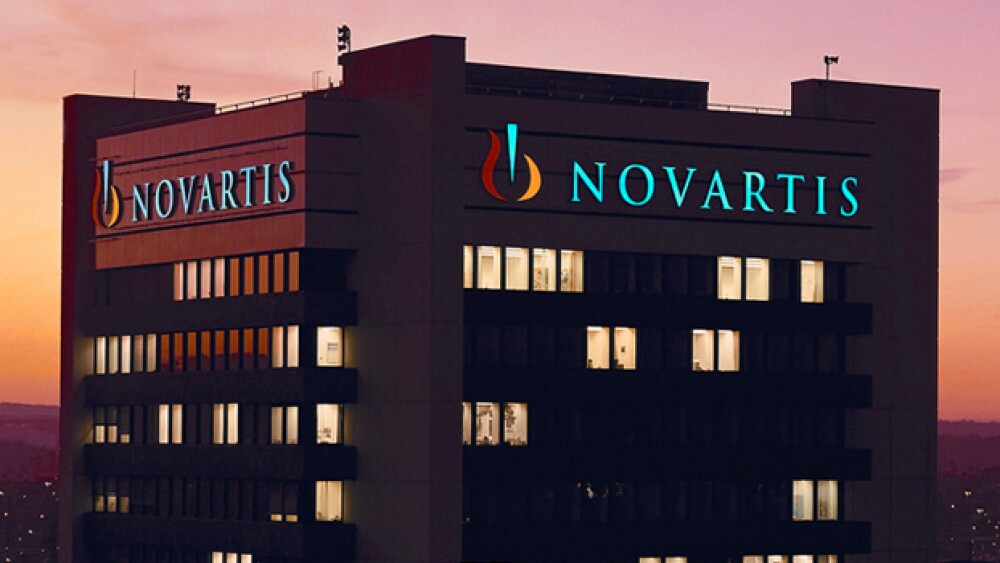Mosquito-borne illnesses are a major concern in many parts of the world. One of the nastier viruses carried by mosquitoes, malaria, was responsible for the deaths of more than 445,000 people in 2016. One biotech is aiming to make a difference.
Mosquito-borne illnesses are a major concern in many parts of the world. One of the nastier viruses carried by mosquitoes, malaria, was responsible for the deaths of more than 445,000 people in 2016. One biotech is aiming to make a difference.
This morning Novartis announced a five-year commitment in the fight against malaria. Swiss-based Novartis said it will invest more than $100 million to advance research and the development of “next-generation treatments” to combat emerging resistance to artemisinin and other currently used antimalarials.
With an increased focus on malaria treatments, Novartis is contributing to the World Health Organization’s target of reducing malaria-related child mortality by at least 90 percent by 2030. Novartis will further help expand access to pediatric antimalarials and implement healthcare system strengthening programs in four sub-Saharan countries, including Nigeria and the Democratic Republic of the Congo, the company announced.
While the company is investing large sums of money into new developments, Novartis said it will keep in mind the end costs for users, many of whom are in impoverished areas. The company said it will implement an equitable pricing strategy to “maximize patient access in malaria-endemic countries when these new treatments become available.”
“Resistance to treatment presents the biggest threat to the incredible progress that has been made in the fight against malaria in the past 20 years. We cannot afford to wait; this is why we are committing to advance the research and development of next-generation treatments,” Novartis Chief Executive Officer Vas Narasimhan said in a statement. “At the same time, we need to work to ensure that our innovation reaches those most in need, even those in the most remote locations.” Novartis said it will work with stakeholders to support the retail end of things.
With the $100 million investment, Novartis said it will advance the company’s malaria pipeline through 2023. The aim is to complete clinical trials for two malaria candidates, KAF156 and KAE609 (currently in Phase IIb and Phase IIa respectively. Both drug candidates are part of a new class of medicines designed for their ability to treat malaria in different ways from current therapies, Novartis said.
Novartis, which launched the first fixed-dose artemisinin-based compounds treatment for malaria in 1999, said some experts are concerned that malaria parasites could become resistant to ACTs in the next two decades. Between 2000 and 2015 deaths from malaria have dropped by more than 60 percent, Novartis said.





